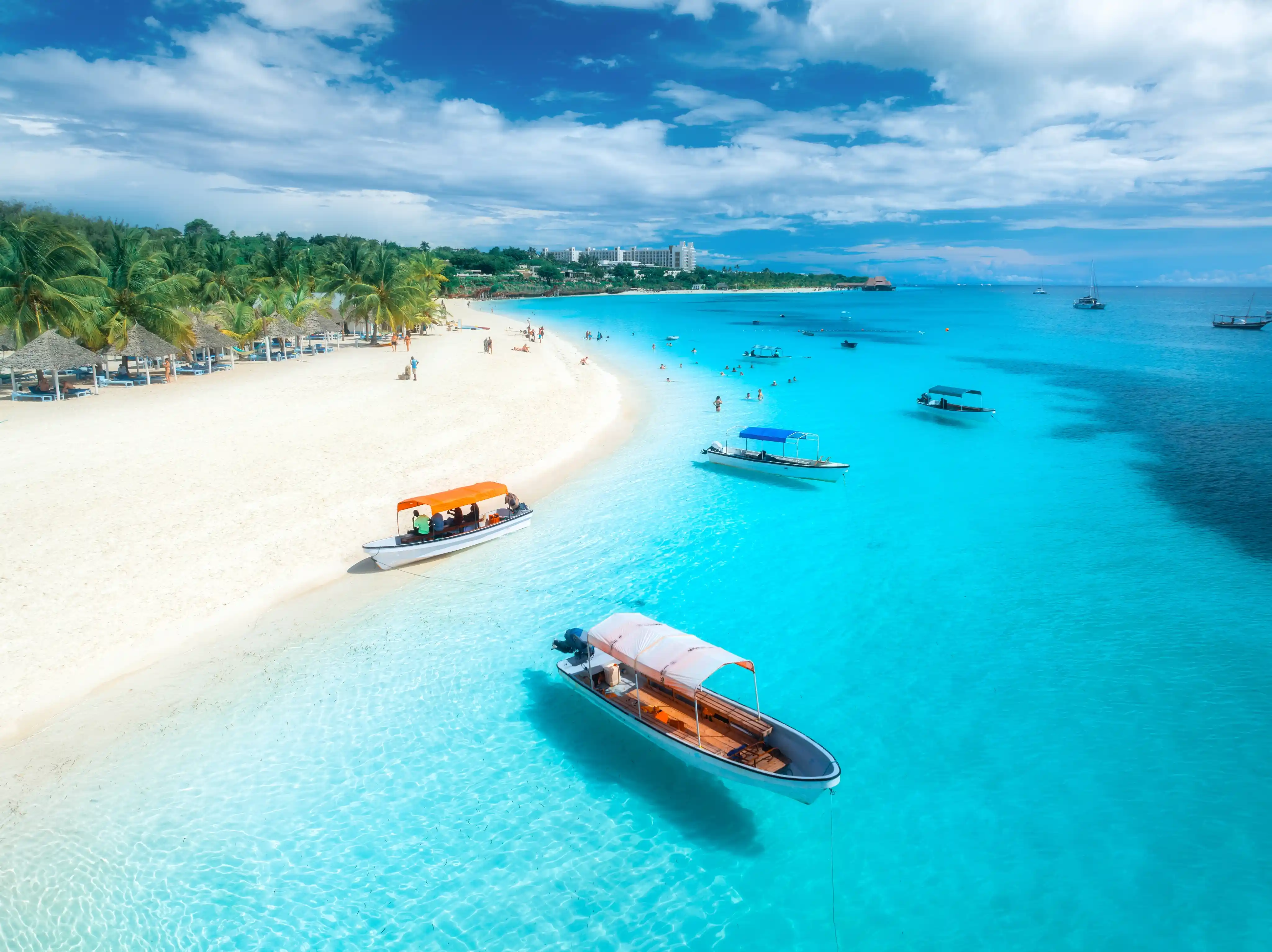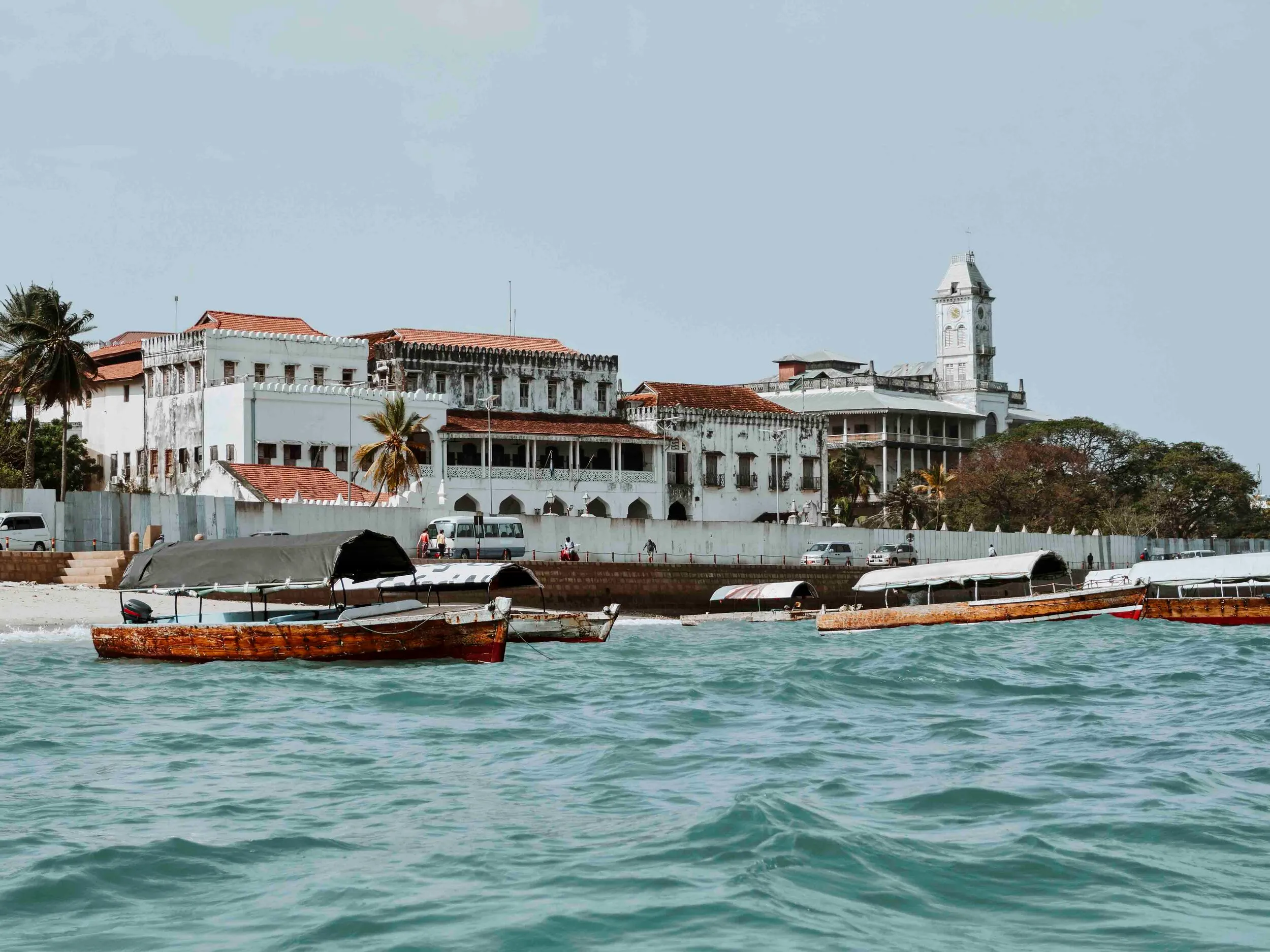Can Foreigners Buy Property in Zanzibar? The Legal Framework Explained

Introduction
Zanzibar has quickly become one of Africa’s most attractive destinations for real estate investment. With its pristine beaches, growing tourism industry, and competitive pricing, the island is drawing interest from international buyers seeking both lifestyle and strong ROI. But the first question most ask is: can foreigners legally buy property in Zanzibar?
The answer is yes—through a clear, secure, and investor-friendly system built on 99-year renewable leasehold titles. This blog explains how the legal framework works, what steps are involved in acquisition, and why Zanzibar’s system is more attractive than other Indian Ocean markets.
Ownership Structure: Leasehold, Not Freehold
In Zanzibar, foreigners cannot own freehold land. Instead, they acquire long-term leasehold titles of 33, 66, or 99 years, with 99 years being the most common and investor-friendly option.
Ownership can be secured in several ways:
- Individual name – direct registration under the buyer’s passport.
- Local company – often used for larger investors or joint ownership.
- Offshore structure – permitted with ZIPA (Zanzibar Investment Promotion Authority) approval.
This leasehold system provides foreign buyers with legal certainty and transferability, allowing them to resell, rent, or inherit their villas with full protection.
Acquisition Process: Step by Step
Buying property in Zanzibar as a foreigner follows a regulated process:
- Reservation & Agreement – the buyer pays a reservation fee and signs a Sale & Purchase Agreement (SPA).
- ZIPA Approval – a “No Objection” certificate from ZIPA is required for foreign ownership.
- Due Diligence – legal checks on land titles and ownership rights are conducted.
- Registration – the lease is officially registered with the Commission for Lands.
- Title Issuance – the buyer receives a renewable leasehold title.
Timeline: The full process usually takes 60–90 days.
Documents required: passport, proof of funds, signed contract, and payment of stamp duty and fees.
Taxes & Fees for Foreign Buyers
Zanzibar offers a relatively low-cost tax framework compared to other island markets:
- Stamp Duty: 1% of property value
- Transfer Tax: 1–5% depending on district
- Annual Property Tax: flat ~$22
- Ground Rent: $100–200 per year
- Capital Gains Tax: applicable only if profit isn’t properly documented at resale
Compared to Mauritius (5% registration duty) or Seychelles (higher annual property costs), Zanzibar’s fees are light, leaving more profit in investors’ hands.
Profit Repatriation: Full Flexibility
One of Zanzibar’s key legal advantages is profit repatriation. Income from rentals, resale, or dividends can be fully repatriated in foreign currency, as long as the investment is properly registered and tax obligations are met.
This ensures international investors can move funds freely, a flexibility not always found in other African or Indian Ocean jurisdictions.
Residency by Investment
Foreign buyers who invest in ZIPA-approved projects (minimum $100,000) qualify for a Class C residence permit.
- Valid for 2 years, renewable.
- Covers the investor, spouse, and up to four children.
This incentive not only secures property rights but also strengthens Zanzibar’s position as a residency-by-investment destination, much like Mauritius.
Why Zanzibar’s Legal Framework Stands Out
Compared to other destinations, Zanzibar’s framework is clear, secure, and cost-efficient:
- Bali (Indonesia): Foreigners cannot directly own property. Most rely on nominee structures, which carry risks.
- Maldives: Property ownership is almost entirely reserved for resorts; individual buyers have very limited options.
- Mauritius: Property ownership is available but restricted to expensive schemes with high entry levels.
- Zanzibar: 99-year leases, lower costs, ZIPA approval, and residency options—all making it one of the most accessible markets.
This combination of long-term security, investor incentives, and tax efficiency makes Zanzibar stand out among global island destinations.
Case Example: The House Residence Azure Zanzibar
At The House Residence Azure Zanzibar, the acquisition process has been streamlined for foreign buyers.
- Payment Terms: Reservation of $10,000, 25% at SPA signing (+5% legal fees), then staged instalments (30%, 20%, 15%, 10%) until handover.
- ROI: 12% at 65% occupancy, 15% at 75% occupancy.
- Management: Rental pool program ensures villas are professionally managed and investors generate passive real estate income.
This model shows how Zanzibar’s legal framework is not only transparent but also investor-ready.
Conclusion
Yes, foreigners can legally buy property in Zanzibar—through a secure leasehold system, backed by government approval, favorable taxes, and residency incentives. With 99-year leases, low transaction costs, full profit repatriation, and growing tourism demand, the island offers one of the most compelling real estate environments in the Indian Ocean.
For investors, this is a chance to enter a market that is still early in its growth curve, but already supported by a robust and investor-friendly legal framework.
More related articles
Discover tips and stories from our community.
Stay Updated with Our Blog
Subscribe to receive the latest posts and updates directly to your inbox.





